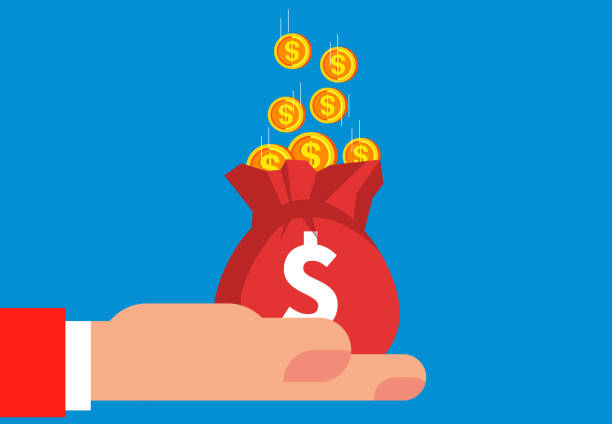One of the most common financial traps that people fall into—especially early in their careers—is lifestyle inflation. It’s that subtle phenomenon where, as your income increases, your expenses grow right along with it. That new raise or promotion? Suddenly it’s funding a better car, fancier vacations, a higher rent, or more nights out. While there’s nothing wrong with rewarding yourself, when every increase in income is matched (or outpaced) by spending, the opportunity to build long-term wealth quietly disappears.
Understanding the Trap
Lifestyle inflation is dangerous not because of a single purchase, but because it compounds over time. Let’s say you get a € 5,000 annual raise. Instead of investing or saving a portion of it, you upgrade your car and increase your rent—both of which are recurring costs. Over 10 years, that raise is gone, not just once, but every year.
A 2023 survey by Allianz found that 62% of millennials and Gen Z reported spending more after a raise, with less than 30% allocating any of their extra income toward savings or investments. This behavior can significantly delay financial milestones like buying a home, starting a business, or retiring early.
Why It’s Hard to Resist
There’s a psychological dimension too. When you’ve worked hard and earned a raise, it feels deserved to “live a little more.” And there’s social pressure—friends and colleagues upgrading their lifestyles can make you feel like you’re falling behind. This is often called the “hedonic treadmill”: the more we earn, the more we spend to chase a fleeting sense of satisfaction.
But if you’re constantly upgrading your life to match your income, you’re not really building wealth—you’re just maintaining the illusion of it.
Smart Strategies to Break the Cycle
So how do you enjoy your raise without falling into the trap?
Start by setting intentional percentages: for example, commit to saving or investing at least 50% of any salary increase. If you get a € 5,000 raise, aim to invest € 2,500 of it. This allows you to enjoy part of your raise now and let the rest build your future.
Automating that investment—into ETFs, retirement accounts, or even a high-interest savings account—can make it frictionless. Over time, this habit pays off significantly. For instance, investing € 2,500 per year with a 7% annual return would give you over € 35,000 after 10 years.
It’s also worth taking stock of your current expenses before any income change. Are you already over-spending in certain areas? Could you lock in your current lifestyle for a few more years while channeling new income into long-term goals?
And don’t underestimate the power of delayed gratification. Enjoy your raise, but plan your rewards with purpose. Perhaps a small trip now, and the rest goes toward an emergency fund or your investment portfolio.
Building Wealth, Not Just a Lifestyle
A higher salary is a powerful tool—but only if you make it work for you. Avoiding lifestyle inflation isn’t about depriving yourself; it’s about aligning your spending with what truly matters. The freedom that comes from financial stability far outweighs the short-term pleasure of a new gadget or a fancier apartment.
In the end, it’s not what you earn that defines your financial future, but what you choose to do with it.

